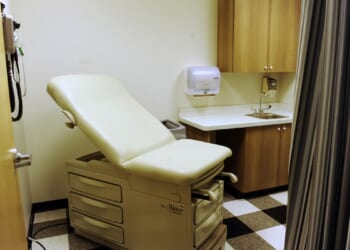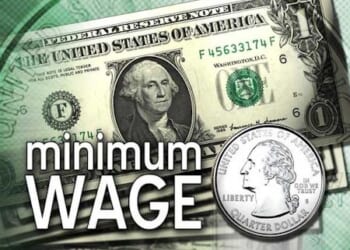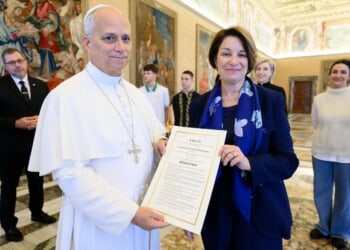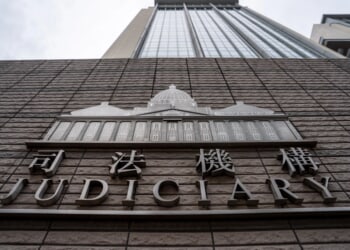I understand the gloating on parts of the right about the latest, possibly existential, disaster for the BBC. But I’m finding it hard to join in.
It’s partly because, as the BBC reporter at the centre of the Iraq dossier storm in 2003, I remember what it’s like to be in the middle of one of these crises. (I see Alastair Campbell has written a piece attacking how the Corporation has been brought low by a “relentless” political campaign. Has the poor man not even a shred of self-awareness?)
It’s partly because this may mean the BBC becomes more, not less, infuriating to conservatives.
Tim Davie had a commercial background and, thirty years ago, stood as a Tory council candidate. Labour now has an unexpected chance to influence the top two editorial roles at what is still easily our most powerful media outlet. Even Keir Starmer’s government may not miss that opportunity.
The jobs are officially a matter for the BBC board, but it’s hard to see the government not having significant sway, particularly if the chair, Samir Shah, who is directly government-appointed, also ends up having to be replaced. The front-runner for the director-generalship must now be some inner-London luvvy in the mould of Alex Mahon, the former head of Channel 4.
That, of course, will further weaken the BBC, compound the damage done by this crisis, further make it an institution whose defenders are mainly on the left. That’s a shame. Because as conservatives, we’re supposed to believe in things that hold the country together. And the BBC is still one of those things.
One reason we don’t yet have American levels of division in our politics and society is that we don’t yet totally talk past each other. There are still substantial spaces in Britain which people of different views can share, can debate within a common frame of reference, can watch or listen to the same programmes, can metaphorically be in the same room. The BBC is one of those spaces.
As the leaked report says, it doesn’t always make a good job of this.
Its frame of reference is too often narrow, ranging across the full spectrum from Keir Starmer to Rory Stewart. Issues that discomfit urban liberals are often ignored or misreported, as I know from my own time as a journalist specialising in the threat of Islamism or, later, the interface between transgender and women’s rights.
In drama and comedy, it feels like the BBC pays less attention than it did to the middlebrow, middle-Britain, culturally conservative people who are the bedrock of its audience, and of the country. Not everything has to be groundbreaking or edgy.
The comfort-food shows of the past – the sitcoms with Penelope Keith and the police dramas where not absolutely everyone is corrupt – don’t seem to have many modern equivalents. And, in a point which will certainly strike the BBC’s Brahmins as silly and frivolous, I really miss that stirring, patriotic music they used to play on Radio 4 before my old show, Today, began.
There’s no going back to the days when everyone watched the same three channels. Upstarts like GB News, with its coverage of grooming, prove you no longer need to be the BBC to force an issue onto the national agenda, and a good thing too. Streamers and social media mean that the common space is shrinking, whatever the BBC does.
But all these are reasons for making the BBC better, not destroying it.
My own experience of a Beeb crisis makes me fairly sure the left is wrong to claim this latest one as a right-wing “coup.” The slowness and inadequacy of the BBC’s response to its journalistic failings – and the leak of the memo about them – was what caused Davie’s exit. That slowness was almost certainly due not to machinations by evil Tory board members, but to the absurd, too-many-cooks way the place has always been managed.
In any other news organisation, the chain of command is simple. One or two people, the editor and the proprietor, are responsible for the output. They make the decisions in any crisis. But in my BBC crisis, and by the looks of it this one too, there was never any clear responsibility, and the issue was managed by a multi-member cast who were seldom even in the same room. Not unlike government, I might add: another operation that’s a total mess.
The BBC’s news output is far too great for any one person to exercise editorial control. But they used to handle this by having powerful programme editors – each responsible for his or her own show, and each also adding at least some of the intellectual and cognitive diversity, and some of the appeal to different audiences, which today’s Beeb often lacks.
Because now (and I do blame Davie for this) almost all the programme baronies have been abolished, many strong reporters have left and most news comes out of a central sausage factory, much the same for taxi-drivers watching in Preston as for lawyers listening in Camden. In a centralised system, all errors are magnified.
The future of the BBC should not mean smashing it up and feeding what’s left to some American multinational.
That wouldn’t be popular (never confuse what Tory activists think with what voters think) and we’d be destroying something distinctive about Britain.
A conservative project for our public broadcaster should actually look quite like a conservative project for our whole public sector: removing useless management layers, establishing clear leadership and responsibility, and setting clear objectives, based on the priorities of the people who pay the wages.

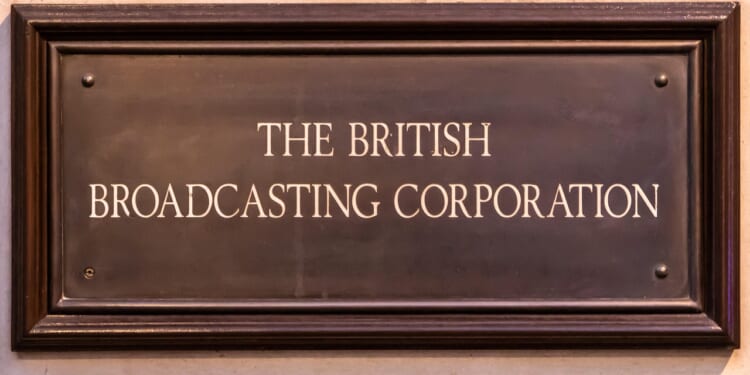
![Scott Bessent Explains The Big Picture Everyone is Missing During the Shutdown [WATCH]](https://www.right2024.com/wp-content/uploads/2025/11/Scott-Bessent-Explains-The-Big-Picture-Everyone-is-Missing-During-350x250.jpg)

